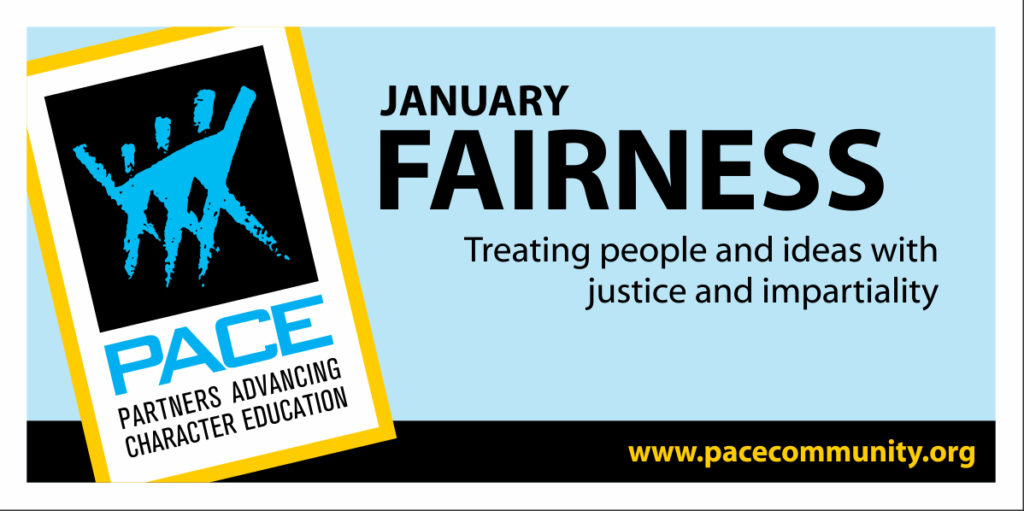
“Developing trust takes time and consistency.”
You can trust me, I’m a teacher. One would hope that this statement is true. Historically teachers enjoyed a reputation for being highly respected adults in the community. The trustworthiness of a teacher was assumed in much the same way people believed that they could place their trust in local police officers and city firemen. Although in the United States this profession is not as revered as it once was, the expectation still exists. Teachers can be trusted. This is evident in the reality that parents all across the nation entrust teachers to protect and care for their most prized possessions, their sons and daughters, for seven hours per day, five days a week.
Not only is this a matter of trust on the part of parents and guardians it is backed by a legal obligation on the part of educators to act in loco parentis, which is Latin for “in the place of a parent”. In the broadest sense, this means that teachers assume the duties and obligations of the parents while caring for the youth in their classrooms, on the playgrounds, in the cafeteria, in athletic competitions, on fieldtrips, and any and all teacher supervised settings. As Ryan and Bohlin stated in their book, Building Character in Schools: “We (teachers) have an enormous obligation to preserve the public trust placed in us by parents, students and community members. There is no question about it – educators bear a special responsibility” (1999).
However, commitment to an ethical code of conduct and the maintenance of public trust are not the main reasons teachers place such a high value on modeling trustworthiness. Teachers understand, and research supports, the notion that building trusting relationships with students positively impacts student performance. For example, one three year research study involving 12 Chicago elementary schools found that “relational trust surpassed money, parental involvement and a whole host of other variables as the number one predictor of positive feelings about school and improved academic achievement” (Goya, 2008).
Likewise, brain research tells us that students need to feel safe in order to take risks, learn new things, and collaborate effectively with peers (Jensen, 2009). Ask any educator who has ever spent time in a classroom working as a substitute teacher, trust matters. When faced with an unknown authority figure, students test the limits to determine if this new person can be trusted to be just that, the authority figure. Students act out in an attempt to quickly surmise whether or not the replacement teacher can be trusted to keep them safe from bullies; to treat them in a respectful manner; and to uphold the classroom expectations consistently.
I have seen this to be true in my own work with schools. As a professor whose job includes implementing university-school partnerships, I often have the pleasure of collaborating with teachers for the mutual benefit of K-12 students and teaching candidates. Recently, at a partner elementary school an extensive study of practices and perceptions was conducted. The results indicated that among the myriad issues impacting this school, trust was identified as number one by teachers and staff. This underscores the key role that trust plays in creating learning environments that support the learning of all community members: adults as well as youth.
Also, in my work with local schools I have learned that developing trust takes time and consistency. You need to keep showing up and walking the talk. The good news is that I observe teachers rise to this challenge every day. From student teachers to veteran instructors, educators work diligently to model the behaviors that garner students’ trust.
In summary, I feel proud to call myself a member of the teaching profession. Collectively teachers are maintaining the public trust, living out their “in loco parentis” duties and positively impacting student learning by modeling the essential PACE character trait: TRUSTWORTHINESS.
Goya, (2008). There is always a reason, even for “unreasonable” actions. Retrieved from Schoolcrossing.blogspot.com, March 9, 2015.
Jensen, E. (2009) Teaching with poverty in mind. Alexandria, VA: ASCD.
Ryan, K. & Bohlin, K. (1999). Building Character in Schools. San Francisco, CA: Jossey-Bass.
Debbie Tully is the Associate Dean of Teacher Education and School Partnerships for Whitworth University’s School of Education. She is member of the Partners Advancing Character Education Executive Board and chair of the PACE Curriculum and Resources Committee. Her research efforts and professional passions include character education as an essential component of educating the whole child for civic engagement and global citizenship.

